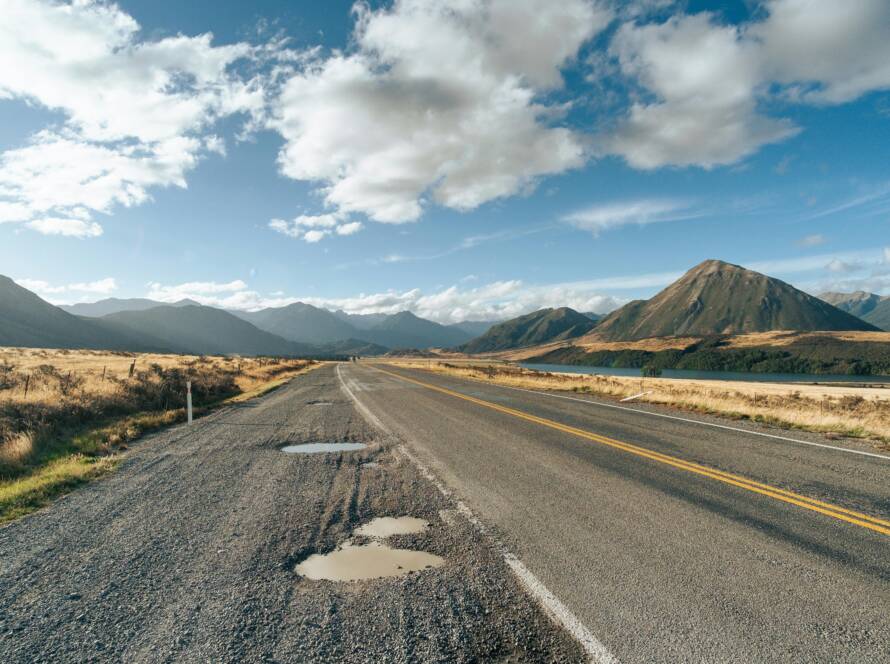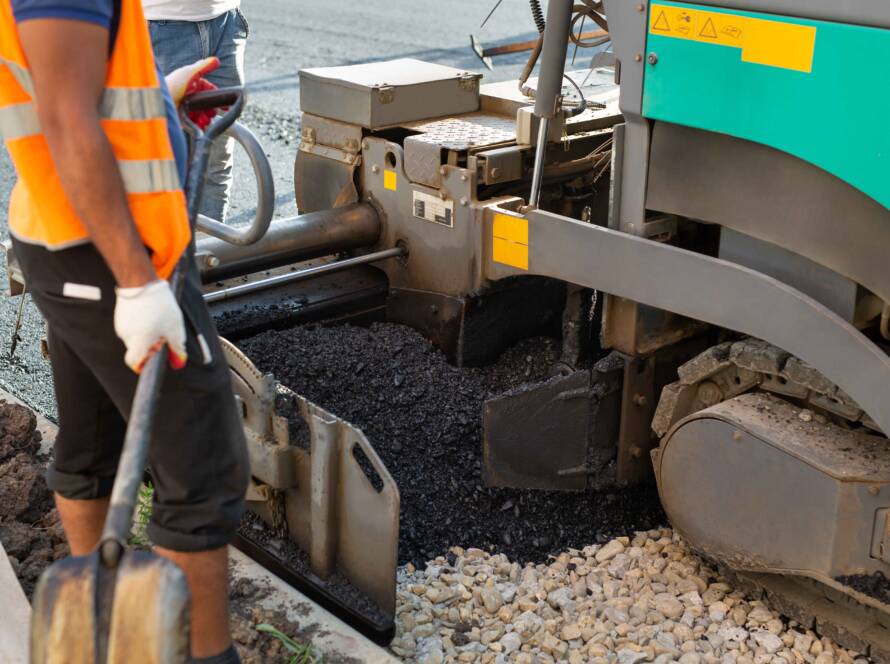A well-maintained driveway adds instant curb appeal and enhances the safety and value of your property. But even the best-laid surfaces don’t last forever. Over time, weather, heavy traffic, and age can cause wear that simple maintenance can no longer fix. Knowing when it’s time for driveway resurfacing can save you money and restore your property’s clean, professional look.
1. Cracks That Keep Coming Back
Small cracks are normal, but when they keep reappearing after repairs or start spreading, the surface beneath may be failing. These cracks allow water to seep through, weakening the foundation and leading to potholes or sinking areas.
If you’re seeing widespread cracking, resurfacing is often a smarter and more cost-effective solution than patchwork fixes.
2. Potholes and Uneven Areas
Potholes are not just an eyesore — they’re a sign that the lower layers of your driveway have deteriorated. Ignoring them can lead to further damage, especially as water and debris collect in the holes.
Resurfacing smooths out the entire area, rebuilding strength and restoring a clean, even finish suitable for both residential and commercial use.
3. Fading or Discoloured Surface
Constant exposure to sunlight, oil spills, and rain can cause your driveway to lose its rich colour. A faded surface often means the protective coating has worn off, leaving the material exposed to the elements.
Resurfacing not only revives the appearance but also adds a new protective layer to extend the lifespan of the driveway.
4. Drainage Problems or Water Pooling
If puddles remain after rain, your driveway may have drainage issues. Standing water seeps through the surface and weakens the sub-base, leading to cracks and sinking.
A professional resurfacing service can regrade the driveway and incorporate proper drainage to prevent long-term structural damage.
5. Age and General Wear
Even with regular maintenance, every driveway eventually reaches the end of its life. Asphalt and tarmac typically last around 15–20 years, while resin can last even longer with proper care. If your driveway is nearing that age, resurfacing can refresh it without the cost of full replacement.
6. Choosing the Right Resurfacing Option
The right resurfacing material depends on your needs, budget, and desired finish.
- For a modern, decorative look, resin driveways offer durability and low maintenance.
- For heavy-duty performance, tarmac surfacing provides strength and reliability for both driveways and access roads.
Each option has its own benefits, and professional installers can help you choose the best material for your property.
7. Why Professional Resurfacing Matters
DIY patch repairs may seem cheaper, but they rarely last. Professional resurfacing ensures the right preparation, thickness, and compaction for a smooth, long-lasting result.
Experienced contractors like Total Surfacing use high-quality materials and proven techniques to deliver durable finishes that stand up to daily use and harsh UK weather conditions.
Conclusion
Resurfacing your driveway is one of the most effective ways to enhance your property’s appearance, safety, and value. If you notice cracks, fading, or poor drainage, it’s probably time to take action.
Whether you prefer a sleek resin finish or the reliability of tarmac, Total Surfacing offers complete solutions for all types of driveways and surfacing projects. Contact our expert team today for professional advice and a no-obligation quote.


